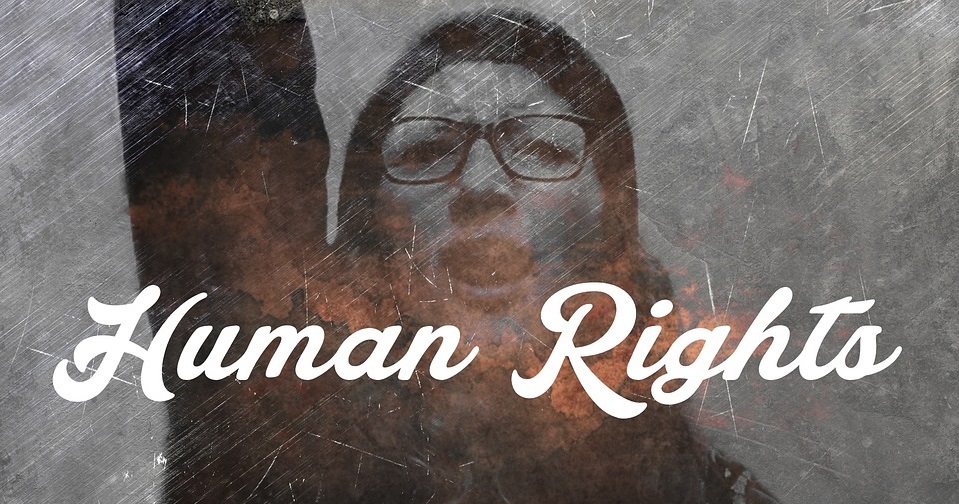#spinabifida
The conference will be an opportunity for those involved in the care of people with spina bifida to learn more about the latest research and clinical developments, and about Shine’s work and priorities. It will also be an opportunity to hear about the experience of living with spina bifida from people with the condition.
Toddler with spina bifida warms hearts after showing his dog he can walk
A cute video making the rounds on Facebook - a toddler with spina bifida learning to walk
Amber Tatro, Whose Suit Gave Rights to Disabled Students, Dies at 42

Amber Tatro was born with spina bifida and needed medical help with catheterization while a young student.
Her school in Irving Texas refused to provide this service. Her family began a long 6 year fight for her right to this service in the court system.
In 1984 the US Supreme Court ruled that catheterization was a "modest service" and that schools had to provide it when required for those with disabilities.
This court decision broadened the definition of medically-related services that could be provided without the need of a doctor for students with disabilities.
Amber died this week in Dallas Texas, age 42.
She had struggled through many health obstacles during her life but managed to work as a teacher’s aid and a volunteer with an agency working with youths with disabilities. Source.
'I know what it's like to be a patient': Doctor opens up about living with spina bifida
Few doctors truly understand what their patients are going through. That's what makes Dr. Paige Church special.
When she's treating spinabifida patients like six-year-old Taveon Low, the Toronto neonatal specialist can draw from her own experiences with the birth defect that can lead to lifelong disability.
I was actually terrified of the gym
Growing up with spina bifida, a birth defect that affects the spine, I was never physically active. I believed my disability excluded me from keeping fit. My peers would ridicule me in gym class because I could not keep up. Their mocking left me self-conscious.
